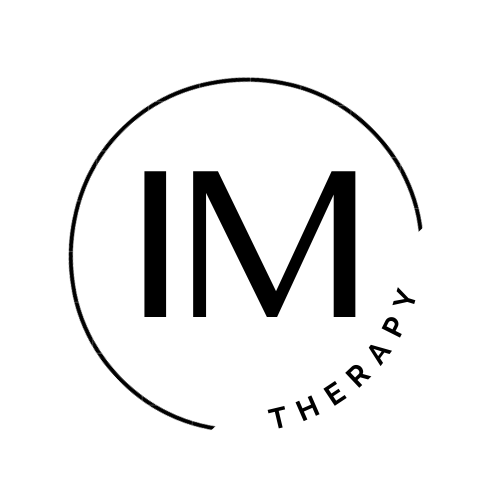Time is critical when rehabilitation is needed for loss of any functional skill, including a significant loss or noticeable reduction in one’s understanding or use of language. Because one patient’s aphasia does not necessarily resemble that experienced by another patient, precise identification of each patient’s communication profile is critical to customized therapy planning. SLPs knowledgeable about aphasia are the prime source for identifying each patient’s level of comprehension and expression of language. By identifying the patient’s current communicative strengths and areas of need the SLP can start to implement a highly tailored but flexible approach that will serve to maximize the patient’s response to skilled therapy.
Flexibility in therapy corresponds with making adjustments for the patient’s varying levels of proficiency with the targeted skills. For instance, one may need little support with reading and understanding functional information at the word level; however, the same person may need maximum support to comprehend written information at the sentence or paragraph level. SLPs are trained to provide support when and where it is needed and to minimize or omit support when it is not needed. The ultimate goal of therapy for one with aphasia is to maximize the patient’s level of communicative independence. What may require maximum support at the start of therapy may require little to no support as the patient progresses through therapy. As providers of a skilled therapy service, SLPs are trained to provide targeted therapy in a manner that is consistent with each patient’s current communicative status as well as his or her particular communication needs and interests.
Success and progress from therapy/intervention is best defined by the patient’s current and anticipated levels of functioning. Among others, some positive prognostic indicators for therapy include patient participation, family involvement, patient motivation, existence of other health conditions, attendance in therapy, communication with the clinician, and regular practice of concepts addressed in therapy. Those struggling with aphasia come from a variety of backgrounds, e.g., different professions, socioeconomic status, level of family support/involvement. As a result, each patient’s plan of care is tailored to account for his or her particular needs and circumstances.
When treating patients with aphasia SLPs may help patients to access a variety of language skills using methods that incorporate a whole brain approach. Some interesting skills or areas that require the clinician’s creativity and persistence include working with the patient’s singing to elicit and encourage speech production, drawing, gesture comprehension and production, or use of a picture system to allow for the patient to comprehend and use language more efficiently. This creativity allows the SLP to help the patient access portions of the brain that may help him or her to access language functions via routes that may not have been preserved.
If you or someone you know needs the services of a licensed, certified, and experienced speech-language pathologist, please be sure to discuss your concerns with a physician, a speech-language pathologist, or another qualified provider. You can also visit us at www.bilingualspeech.org for more information.

